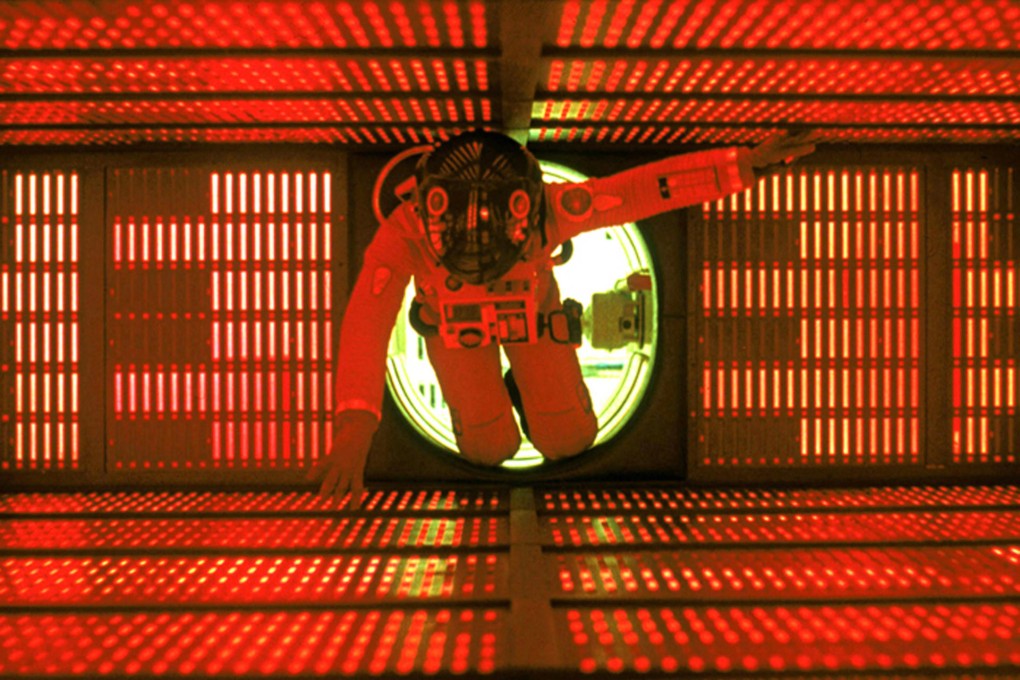Now everyone can speak in language of their computers
Typing up your work with voice recognition can actually be quicker than a keyboard and avoids the danger of repetitive strain injury

Voice control of computers, a holy grail for nerds ever since Stanley Kubrick's , is finally for the masses with the move to mobile computing.
Apps like Siri or Android's built-in voice recognition offer free server-side services in multiple languages which can type for us and understand simple commands.
They even learn to understand our accents with neural networks which mimic the brain. Typing by voice is now actually faster and more accurate than the keyboard much of the time.
Voice recognition also helps with repetitive strain injuries, which are Hong Kong's most common occupational health problem, accounting for 64 per cent of occupational injuries; chronic pain persisting longer than three months affects up to 11 per cent of the workforce.
Continuous speech recognition has been available for Windows PCs since 1997, with Nuance's Dragon NaturallySpeaking software, which now has a monopoly on the market. Innovation and compatibility with modern browsers is waning.
Still, for English word processing it is the fastest and most and accurate solution.
